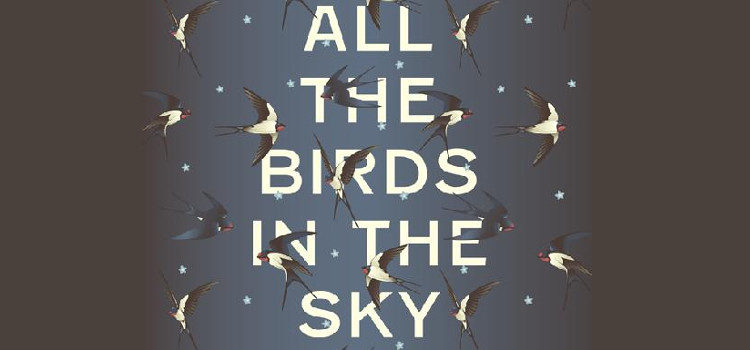A young witch and an aspiring super scientist try to survive childhood and save the world.
There’s no getting around it, this feels like an excellent novella stretched into an OK novel. Not to say that there aren’t enough ideas here to fill a novel: we have lovers from opposing ideals, questions about the best way to save the world, time machines, parliaments of birds,1 artificial intelligences, witch’s schools, rocketry, and the remorseless treatment of the different by young children. Strangely though, the problem is something that I would usually consider a virtue: whenever the story has a choice between character/world-building against doing something awesome, it always chooses the later. While initially exhilarating, as the book progresses, the detours are not quite good enough to carry the book on their own, and they make the plot and characters feel threadbare to the point where I didn’t really care about them.
What I did engage with however is the aforementioned philosophical debate about how to save the world. There is an interesting critque here of the sf standard of humanity preparing to escape to the stars after messing up the world. Building an escape hatch takes an immense amount of resources, to the point where, if the fate of the world is still in doubt, the morality of running becomes questionable (even in the absence of magically sentient animals). Unfortunately, and despite the distended length of the story, All the Birds in the Sky ultimately sidesteps grappling with these questions by making escape unacceptable.
A series of disconnected but awesome vignettes of magic and superscience that are undermined by being stretched out into a novel.
